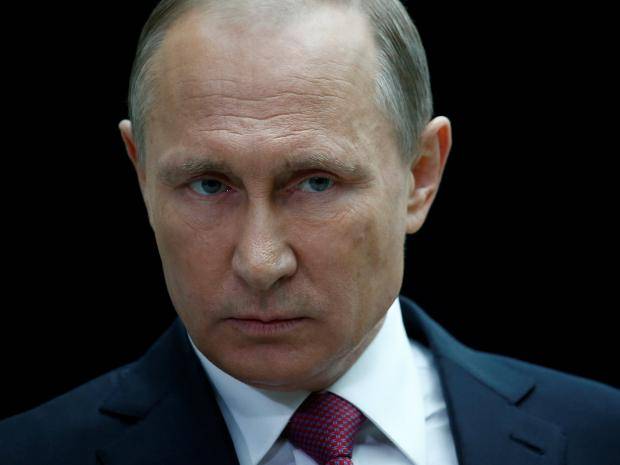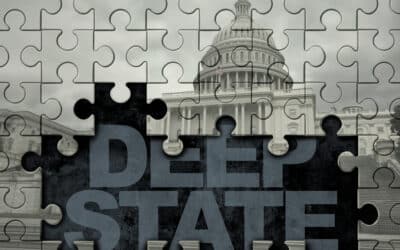President Biden and Russian President Vladimir Putin wrapped up talks in Geneva on Wednesday. Both leaders had positive things to say about the meeting, but the tensions between the U.S. and Russia were on display during press conferences that followed.
World leaders typically hold joint press conferences after summits, but Biden and Putin spoke to the media on their own. Putin spoke with reporters first and described the meeting as “constructive.”
“There has been no hostility,” Putin said. “On the contrary, our meeting took place in a constructive spirit.” At the same time, Putin made it clear that Moscow blames US hostility for the sorry state of U.S.-Russia relations.
Asked if U.S.-Russia relations have hit rock bottom, Putin Said, “It’s hard to say at the moment because all steps in regard to the deterioration in the Russian-American relations were not initiated by us and they were taken by the American side.”
One constructive agreement Putin said he reached with Biden was to return ambassadors to the other nation’s capital. Russia recalled its U.S. ambassador in March, after an interview aired where Biden said Putin is a “killer” who has “no soul.” In April, the U.S. ambassador to Russia headed back to Washington after the US imposed fresh sanctions on Moscow and expelled Russian diplomats.
“As for the return of ambassadors to their places of work—of the U.S. ambassador to Moscow, and, respectively, of the Russian to Washington, we agreed that this issue is resolved,” Putin said in Geneva.
During his press conference, Biden portrayed the meeting as a necessary step for the “self-interest” of the U.S. “It was important to meet in person so there could be no mistake about or misrepresentations about what I wanted to communicate. I did what I came to do,” he said. “This is not about trust. This is about self-interest and verification of self-interest.”
Biden repeated the typical talking points about Russia’s alleged human rights violations and warned of “devastating” consequences if opposition figure Alexei Navalny were to die in prison. “I made it clear to him that I believed the consequences of that would be devastating for Russia,” Biden said.
Putin and Biden released a joint statement on “strategic stability” that discussed arms control between the two powers. The statement reads: “The recent extension of the New START Treaty exemplifies our commitment to nuclear arms control. Today, we reaffirm the principle that a nuclear war cannot be won and must never be fought.”
Putin said he and Biden agreed to begin negotiations on the replacement of New START, which will expire in 2026. The joint statement said the U.S. and Russia agreed to begin nuclear talks in the “near future.”
Biden suggested future talks on “major strategic stability” but sounded less certain than Putin. He said the next few months will serve as a “test” to see if U.S.-Russia relations could improve.
“What is going to happen next? We’re going to be able to look back, look ahead, in three to six months and say, did the things we agreed to sit down and work out, did it work? Do we—are we closer to a major strategic stability talks and progress?” Biden said.
While Biden portrays Russia as the party that needs to take steps for better relations, the reality is, the US has been the aggressor. The question is if the U.S. will back off Russia and take steps towards arms control.
Biden said neither country has an interest in a “Cold War” and suggested Moscow might want better relations with the U.S. because of China. “Russia is in a very, very difficult spot right now. They are being squeezed by China. They want desperately to remain a major power,” he said.
This article was originally featured at Antiwar.com and is republished with permission.
































